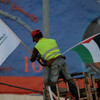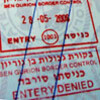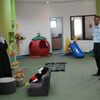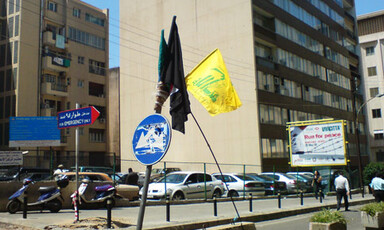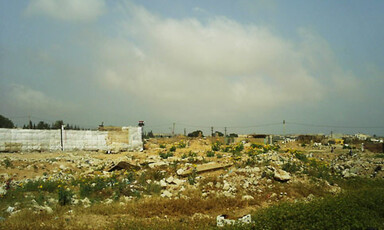
A Nakba inherited
Gaza Strip 21 May 2008
At the southernmost area of the Gaza Strip, where the Philadelphia route separates the coastal enclave from Egypt, there are scores of knocked down buildings. The destruction dates back to 2002, when Israeli army bulldozers demolished the houses of the Palestinian inhabitants of this border line. Among the houses that used to stand here was that of Ali Shaath, a 75-year-old Palestinian refugee from the Beer al-Saba’ village of historical Palestine. Rami Almeghari writes from the occupied Gaza Strip. Read more about A Nakba inherited
